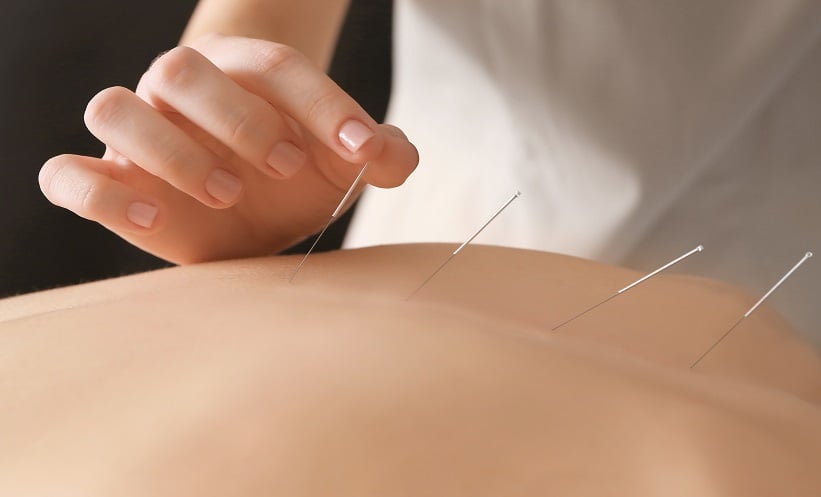ACUPUNCTURE may offer measurable benefits for people with type 2 diabetes mellitus (T2D), particularly in improving blood glucose levels and other metabolic indicators. Drawing on data from 21 randomised controlled trials (RCTs) and 2,117 participants, the study evaluated the efficacy of acupuncture as an adjunct to conventional treatment for T2D. The findings revealed statistically significant improvements in key clinical outcomes, especially fasting blood glucose and glycated haemoglobin. Crucially, the evidence base included trials from diverse global settings, with 59 acupuncture points examined across a variety of traditional techniques.
To conduct the review, researchers performed a comprehensive search of six major international databases, selecting RCTs that investigated acupuncture in combination with standard care for T2D. Statistical analysis was carried out using RevMan 5.4 and Stata 15, with further sensitivity and subgroup analyses to assess the consistency and robustness of the results. The primary outcomes measured were HbA1c, fasting blood glucose (FBG), and 2-hour postprandial glucose (2h PG), alongside secondary outcomes including insulin levels, lipid profiles, BMI, and nerve function.
The results showed that acupuncture significantly reduced FBG (SMD: –0.35; 95% CI: –0.50––0.19; p<0.00001), HbA1c (SMD: –0.54; 95% CI: –1.03––0.06; p<0.00001), and 2h PG (SMD: –0.31; 95% CI: –0.49––0.13; p≤0.02). Improvements were also noted in fasting insulin (SMD: –1.09; p=0.0007), HDL (SMD: 0.68; p=0.0007), and LDL (SMD: –0.46; p=0.008), as well as BMI (SMD: –0.36; p=0.009). Measures such as insulin sensitivity (ISI) and HOMA-IR also improved, with acupuncture demonstrating particular promise in regulating lipid metabolism and nerve conduction velocities. Outcomes like whole blood viscosity and PCV were less stable and may be subject to bias.
In clinical practice, acupuncture could be considered as a complementary option for T2D management, particularly for patients with simple T2D and shorter disease duration. However, notable heterogeneity across studies, especially in treatment duration, patient characteristics, and acupuncture methods, suggests caution in interpretation. Additionally, most studies originated from China, raising questions about generalisability. Further high-quality, multi-centre trials are essential to confirm these findings and refine clinical guidance.
Reference
Si Y et al. The effect of acupuncture on blood glucose control in patients with type 2 diabetes: a systematic review and meta-analysis of randomized controlled trials. Front Endocrinol (Lausanne). 2025;DOI: 10.3389/fendo.2025.1596062.








